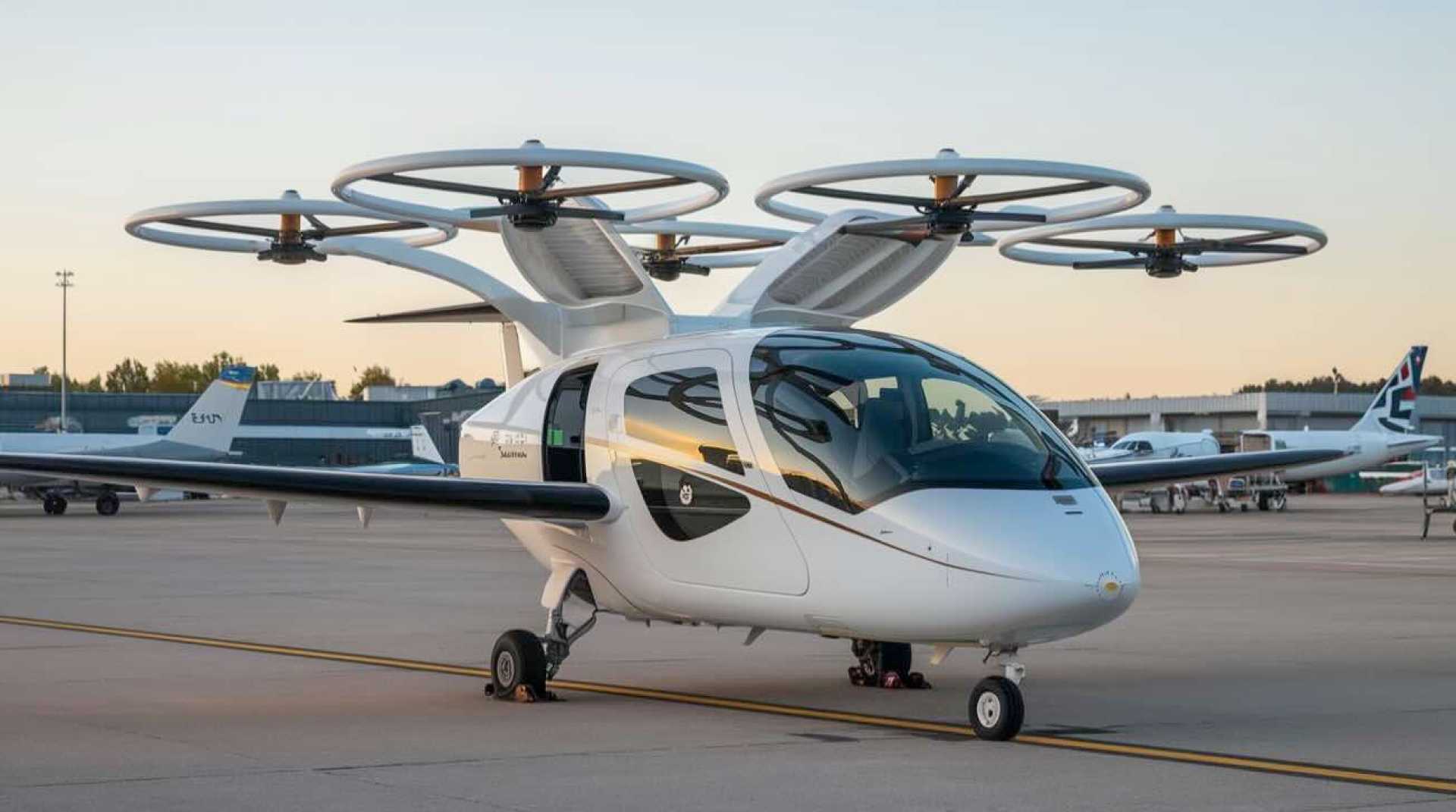Business
eVTOL Companies Archer and Joby Race Toward Urban Air Mobility

San Francisco, CA — Demand for electric vertical takeoff and landing (eVTOL) aircraft has surged in recent years as urban congestion increases and new transportation technologies emerge. Companies like Archer Aviation and Joby Aviation are at the forefront of this sector, sparking interest from investors.
Archer Aviation is developing a ride-sharing model for short-haul flights between city centers and nearby airports. They are in partnership with major airlines, including United Airlines. On the other hand, Joby Aviation aims to design and operate its own air taxi service supported by partnerships with Toyota and Delta.
Recent regulatory approvals and investment in infrastructure are accelerating the development of urban air mobility. The question arises for investors: which eVTOL stock is the better investment? As of the first quarter of 2025, Archer reported cash and cash equivalents of $1.04 billion and no current debt, positioning itself well to pursue growth.
On May 19, Archer announced a partnership with Anduril Industries to test dual-use eVTOL cargo aircraft in the UK. Additionally, it has been chosen as the Official Air Taxi Provider for the LA28 Olympic Games, utilizing its Midnight eVTOL aircraft to support various transportation needs.
Meanwhile, Joby Aviation reported $0.81 billion in cash as of March 31, 2025, also with no debt. The company has made strides in receiving certification for its aircraft and announced a partnership with Virgin Atlantic to launch air taxi services in the UK.
Both companies are navigating a challenging landscape. Their success will largely depend on public acceptance of eVTOLs and the evolution of demand within the market. Archer’s recent performance has outpaced Joby, with shares increasing by 19.2% compared to Joby’s decline of 5.3% over the last three months.
Despite both firms maintaining strong cash positions, they are in pre-revenue stages, raising concerns about long-term profitability. Investors are encouraged to wait for clearer signs of regulatory progress and market acceptance before making decisions in this emerging field.












